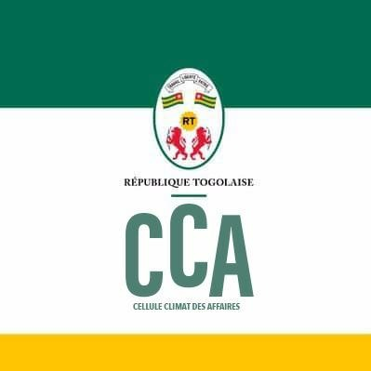Togo: WACA Resip program invests 431 million FCFA in community forest management

(Togo First) - Launched in 2018 in Togo, the WACA Resip program has invested a total of 431 million FCFA in community forest management, according to data consulted by Togo First. These funds were poured into five sub-projects that aim to help Togo better preserve and manage its forest resources.
Five sub-projects
The investments break down into 89 million FCFA for the conservation and sustainable management of the Akissa Sacred Forest, CFA99.6 million to support the integrated management of mangroves along the Gbaga Channel, CFA81.5 million to support the sustainable management of the Afito hippo ponds, CFA64.9 million to support the implementation of the Management and Development Plan for the sacred Godjé-Godjin forest, and CFA94.9 million to support the sustainable and participatory management of the Nyamessiva community forest.

"Through the WACA project, the ministry (of the environment) supports communities that still have remnants of forests, for sustainable management, for example by financing surveillance, fighting against vegetation fires, and initiating income-generating activities. It is noted that the populations living around the forests have these forests as their main resources, where they take their resources for their survival," according to Yawo Komi, deputy coordinator of the WACA program in Togo.
The project in Akissa involves tightening surveillance of the Akissa Sacred forest, creating firebreaks to fight vegetation fires, reforesting the mangrove, building a multipurpose platform in the Adamé village, and setting up income-generating activities such as market gardening.
In the Gbaga Channel, in the prefecture of the lakes, the program has strengthened the surveillance of the Channel's resources, reforestation of school plantations, training women in coconut oil production, acquiring equipment for women transforming coconut nuts, and developing access to the channel in the village of Agokpamé.
The Afito pond management program aims to help villagers in the locality find a "compromise" in their life with the hippos, protected species in the area. In addition to strengthening the surveillance of the hippo pond complex, activities include reforestation, combating vegetation fires, delimiting conservation areas, acquiring canoes and fishing nets, as well as building tourist infrastructure, and setting up income-generating activities.
In the community of Godjé-Godjin, the sacred forest of about fifty hectares -very rich in biodiversity, has benefited from surveillance activities to combat poaching, maintaining surveillance tracks, combating vegetation fires, and constructing infrastructure in the village of Godjémé (Yoto Prefecture).

In the Nyamessiva community forest, activities also involve training beneficiaries in beekeeping and market gardening techniques, as well as developing areas for market gardening and installing solar energy systems.
Overall, there is much to be done, and while the local populations appreciate this support, they also point out certain delays, particularly in the selection of contractors for the project. The issue resides in the fact that the team behind the project must work in agreement with the local communities, and this slows things down. "Everything is done by these communities and with these communities, we are forced to go at their pace," said the program's deputy coordinator.

















